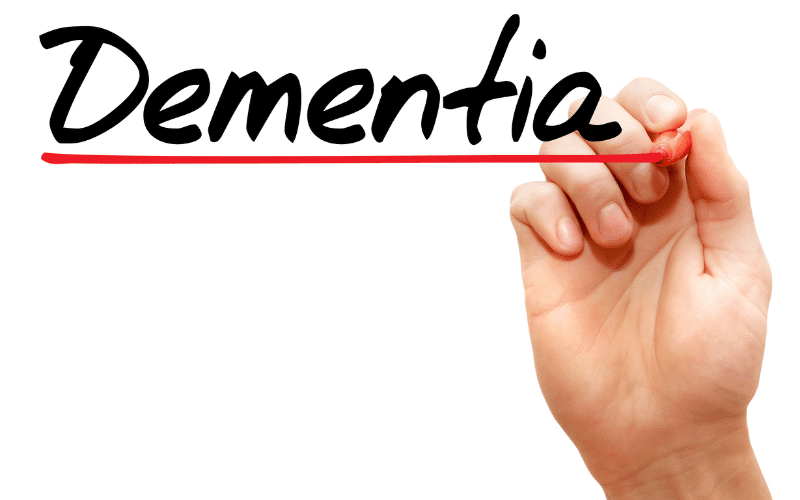Introduction: Early Dementia Detection – A Deeper Understanding

Dementia, while frequently associated with aging, is not a normal part of the process. It is, in fact, a collective name for various symptoms linked to cognitive decline, including difficulties with memory, reasoning, and communication. The onset of dementia often starts subtly, making the early signs relatively easy to dismiss. However, understanding these signs is vital as it allows for early intervention, providing opportunities for symptomatic management and potentially delaying progression.
The characteristics of dementia are diverse, with symptoms varying widely between individuals. Recognizing these signs isn’t merely for medical professionals; it’s crucial for anyone caring for an elderly relative or those noticing changes in their cognitive abilities. Early detection is instrumental in the quest for optimal patient care, granting individuals and families more control over their future.
This article takes an in-depth look at ten early signs of dementia, providing valuable information and understanding. Each sign is extensively researched and presented with clarity to offer readers a comprehensive outlook on dementia’s early signs. This isn’t a quick scan but a detailed exploration into a subject that needs a nuanced understanding.
Our goal is to support you in recognizing these signs, whether for personal awareness or assisting a loved one. Dementia is a complex condition, and understanding its early signs paves the way to better handle its progression. Here, we delve into these ten signs, ensuring you are equipped with the knowledge to recognize and react effectively.
Sign 1: Memory Loss – The Unseen Consequence of Cognitive Decline

Memory loss that impacts daily life often emerges as the first sign of dementia. This memory loss is primarily characterized by the consistent forgetfulness of recent information. While everyone experiences moments of forgetfulness, individuals with dementia may forget essential details more frequently. This forgetfulness isn’t just about misplacing keys or forgetting a name momentarily; it’s a significant memory lapse that might involve forgetting critical appointments or recently learned information.
This form of memory loss is different from the age-associated memory impairment that comes naturally with aging. Individuals facing this early sign of dementia would often find themselves forgetting things they’ve learned recently. It’s not just about forgetting a particular date or event; it’s about the persistent inability to retain new information.
An increased reliance on memory aids or external assistance is another aspect to look out for. For instance, having to rely heavily on sticky notes around the house or needing to ask family members repeatedly about specific dates could indicate significant memory issues. This isn’t about seeking occasional reminders but about the growing inability to remember without external aids.
Contrary to popular belief, dementia-related memory loss doesn’t mean a total loss of all memory. Individuals may remember events from a long time ago clearly but struggle with recalling what they had for breakfast. This discrepancy between the retention of long-term and short-term memory is a tell-tale sign of the onset of dementia.
In the context of dementia, forgetfulness isn’t just an occasional lapse but a consistent pattern. It’s more than just momentary forgetfulness; it’s a significant memory loss that becomes apparent in the individual’s daily life, noticeably impacting their ability to carry out regular tasks and functions. (1)